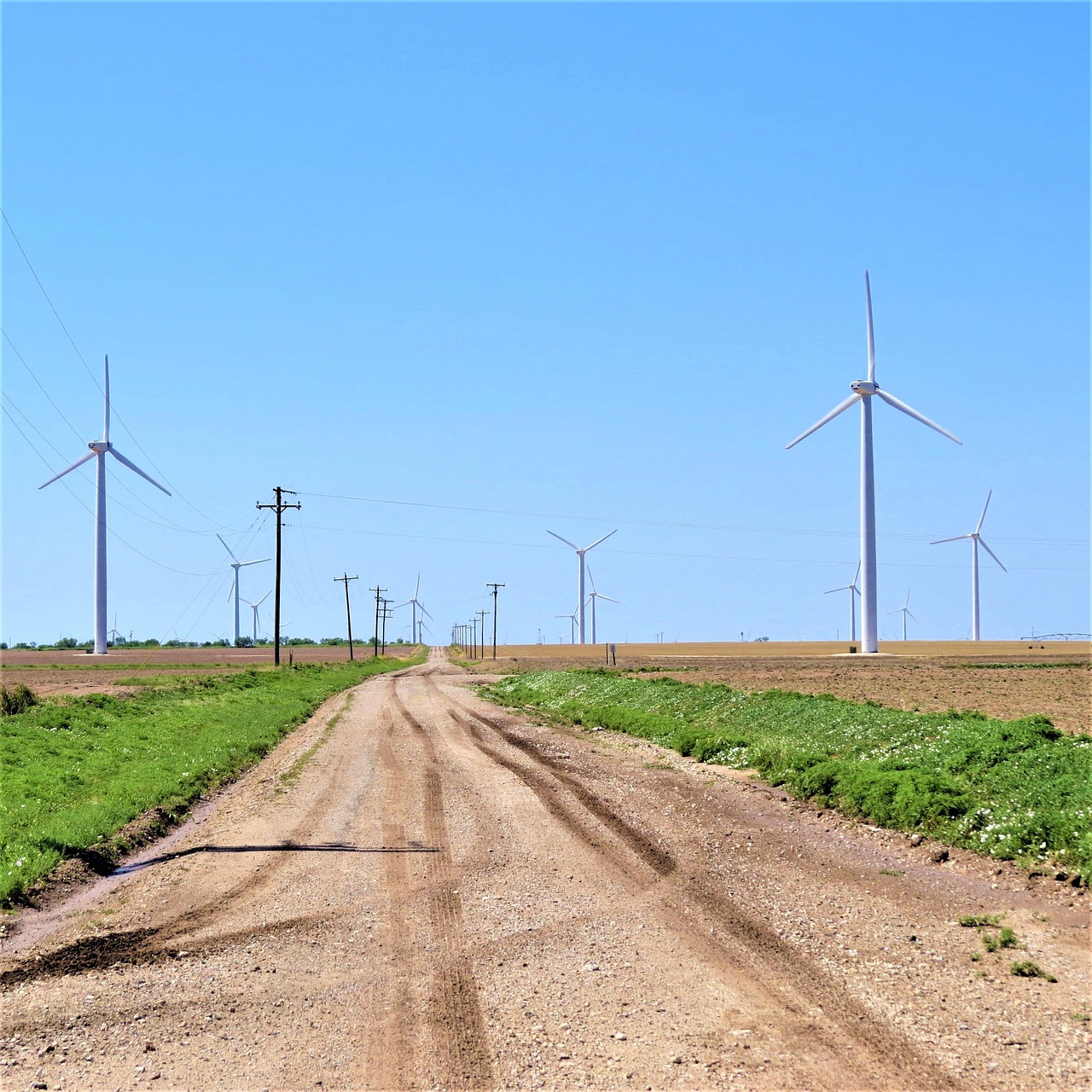The Impact of Environmental Changes on Automotive Supply Chains: Lotus book 365, Play exchange 99, All panel.com
lotus book 365, play exchange 99, all panel.com: As our world continues to grapple with the effects of climate change, the automotive industry is facing some unique challenges when it comes to their supply chains. Environmental changes are having a significant impact on how cars are manufactured, distributed, and serviced. In this article, we will explore how these changes are affecting automotive supply chains and what companies can do to adapt.
The Rise of Electric Vehicles
One of the most significant environmental changes impacting the automotive industry is the shift towards electric vehicles (EVs). With countries around the world setting ambitious targets to reduce greenhouse gas emissions, many car manufacturers are investing heavily in developing electric models. This shift towards EVs is not only changing the types of vehicles being produced but also impacting the entire supply chain.
EVs require different components and materials compared to traditional internal combustion engine vehicles. This means that suppliers need to adapt their manufacturing processes and source new materials to meet the demand for electric vehicle components. Companies that fail to make this transition risk being left behind in an increasingly competitive market.
The Impact of Extreme Weather Events
Another environmental change that is affecting automotive supply chains is the rise in extreme weather events. Hurricanes, floods, and wildfires are becoming more frequent and severe, causing disruptions to manufacturing plants, distribution networks, and service centers. These disruptions can lead to delays in production, shortages of parts, and increased costs for companies in the automotive industry.
To mitigate the impact of extreme weather events on their supply chains, automotive companies need to invest in resilience and redundancy. This may involve diversifying their supplier base, implementing backup manufacturing facilities, and developing contingency plans to deal with disruptions. By taking proactive measures to address the risks posed by extreme weather events, companies can ensure that their supply chains remain resilient in the face of environmental changes.
Sustainability and Corporate Responsibility
In recent years, there has been a growing emphasis on sustainability and corporate responsibility within the automotive industry. Consumers are becoming more environmentally conscious and are demanding that companies take action to reduce their carbon footprint. This has led many car manufacturers to reevaluate their supply chains and identify opportunities to reduce waste, improve energy efficiency, and minimize their environmental impact.
Companies that prioritize sustainability in their supply chains stand to gain a competitive advantage in the market. By partnering with suppliers that share their commitment to environmental responsibility, automotive companies can enhance their brand reputation, attract environmentally conscious customers, and drive innovation in the industry. Sustainability is no longer just a buzzword it is a critical factor in building a resilient and future-proof supply chain.
The Role of Technology in Mitigating Environmental Impact
Technology is playing a crucial role in helping automotive companies manage the impact of environmental changes on their supply chains. Advances in data analytics, artificial intelligence, and machine learning are enabling companies to optimize their operations, reduce waste, and improve the efficiency of their supply chains. By leveraging technology, companies can better predict demand, streamline production processes, and minimize their environmental footprint.
One example of how technology is being used to mitigate environmental impact in the automotive industry is through the use of digital twins. Digital twins are virtual replicas of physical assets, processes, and systems that enable companies to simulate and analyze different scenarios in real-time. By creating digital twins of their supply chains, automotive companies can identify potential risks, optimize their operations, and make informed decisions to reduce their environmental impact.
Looking Towards the Future
The automotive industry is at a crucial juncture, with environmental changes presenting both challenges and opportunities for companies in the sector. To thrive in a rapidly changing world, automotive companies need to be proactive in addressing the impact of environmental changes on their supply chains. By investing in sustainability, leveraging technology, and prioritizing resilience, companies can build supply chains that are agile, efficient, and environmentally responsible.
FAQs
Q: How can automotive companies reduce their carbon footprint in their supply chains?
A: Automotive companies can reduce their carbon footprint in their supply chains by partnering with suppliers that prioritize sustainability, investing in energy-efficient manufacturing processes, and optimizing their logistics to minimize emissions.
Q: What role does government regulation play in shaping automotive supply chains?
A: Government regulation plays a significant role in shaping automotive supply chains by setting emissions standards, promoting the adoption of electric vehicles, and incentivizing companies to reduce their environmental impact through tax breaks and subsidies.
Q: How can automotive companies build resilience in their supply chains to mitigate the impact of extreme weather events?
A: Automotive companies can build resilience in their supply chains by diversifying their supplier base, implementing backup manufacturing facilities, and developing contingency plans to deal with disruptions caused by extreme weather events.







